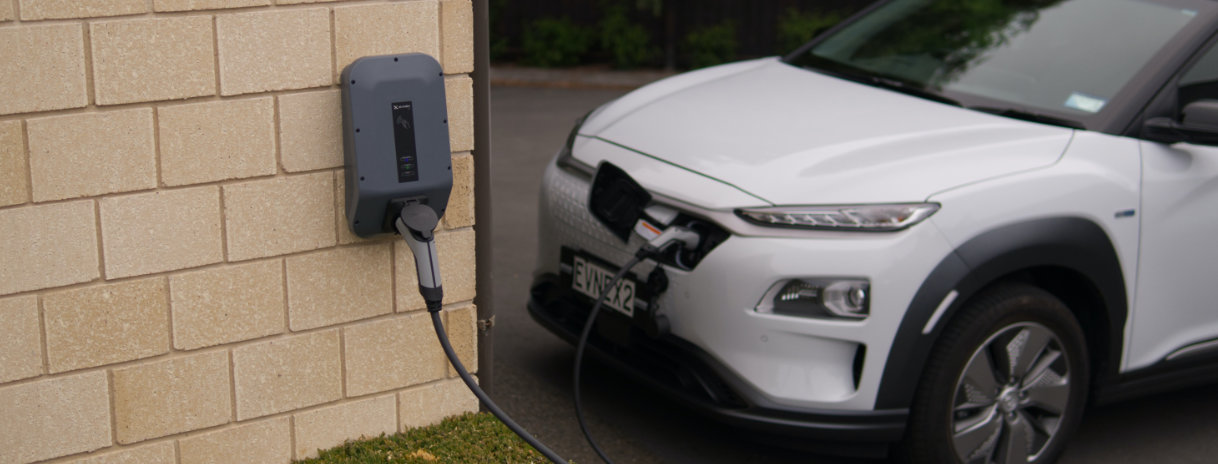There are times when one technology will seem like a natural fit to be paired with another. This is the case with the use of solar power and electric vehicles. The concept has many people wondering why they should keep spending money on gasoline when they could simply install a home solar system and keep their car charged and ready at no additional cost.
Solar Charging For Different Vehicles
Electric vehicles, not unlike cars and trucks that are powered by gas, come in different shapes and sizes. They also vary in their energy needs. The performance of your car will be unique to the model and style and you may need an amount of energy that is more or less than what your neighbor needs.
The Department of Energy maintains the website fueleconomy.gov. The site provides information pertaining to the electric fuel economy of various vehicles and is great for helping you figure the energy needs of your car.
On the site, you can enter the model and year of your vehicle and the kilowatt hours necessary to travel 100 miles will be calculated for you. From there, you can figure out your driving needs each day to determine your total energy needs.
Personal Convenience
Your preferences regarding how you wish to use the solar panels with which you will charge your electric car are important. The following types of charging equipment are typical:
- AC Level 1: 120 volt charging for one hour will provide energy for 2 to 5 driving miles.
- AC Level 2: 240 volt charging for one hour provides energy for 10 to 20 driving miles
- DC Fast Charging: 20 minutes of charging provides energy for 50 to 70 driving miles
These numbers can possibly be attained by normal wiring used for houses. The important thing to understand is that you have the power to decide how power will be generated and distributed.
Power Produced By Home Solar Systems
Solar power systems can be designed and outfitted in a variety of ways. They can be mounted on the ground or on the roof. All that is needed is access to direct sunlight.
Each solar panel produces a designated amount of kilowatts per surface area of the panel. Generally speaking, the larger the solar panel is the more power it will generate.
The Kwh of your solar system measures the energy that can be generated per hour. If you compare this to the Kwh it takes to power your car you will know what percentage of your home solar system will be used to keep your car running.
Other Factors
There are reasons to install solar panels other than charging your electric vehicles. These reasons include going green to save the environment, cutting costs on energy bills, and selling power back to the energy companies.
Are You Ready To Make The Switch?
Charging your electric car will increase your monthly energy bill unless you combat this by using the energy provided by the sun. If you do not want to do the math yourself but would like to enjoy electric cars and solar power, experts are available to help you with calculations and design selection for your home solar system.
